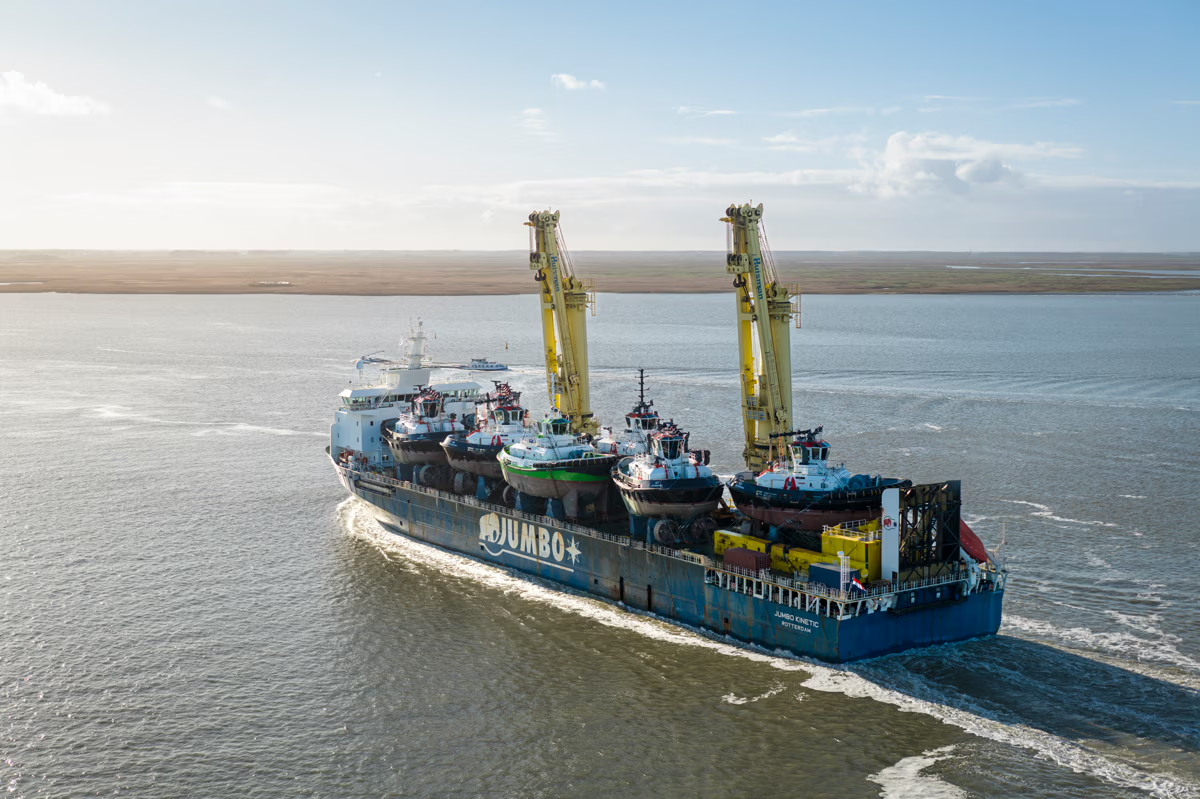EMSA works with Member States to support with additional means in a cost effcient way pollution response actions; and provides assistance in case of pollution caused by ships and oil and gas installations affecting third countries sharing a regional basin with the European Union.
EMSA was assigned the following tasks in the field of response to marine pollution:
- To work with the Member States to support with additional means in a cost efficient way pollution response actions in case of pollution caused by ships as well as marine pollution caused by oil and gas installations
- To provide assistance in case of pollution caused by ships as well as marine pollution caused by oil and gas installations affecting those third countries sharing a regional sea basin with the Union.
In order to perform these tasks, EMSA has established contracts with commercial vessel operators for at-sea oil recovery services around the European coastline.
EMSA contracted vessels and equipment are available to Member States and neighbouring countries in need of additional means of at-sea oil recovery.
Under normal circumstances, EMSA contracted vessels carry out their usual commercial activities. However, in the event of an oil spill, following a request for assistance, the appointed vessel will cease its normal activities, be transformed into a certified oil recovery vessel and become operational at short notice.
The vessels and equipment are channelled to the requesting party through the Emergency Response Coordination Centre (ERCC), which is managed by the European Commission’s humanitarian aid and civil protection department (DG ECHO).
The requesting party will then have at its disposal the pollution response resources provided by EMSA and these come under its command and control. The choice of where and which resources to use lies with the requesting party.
The costs involved in the setting up of the network of Standby Oil Spill Response Vessels and associated equipment stockpiles are covered by EMSA, which ultimately is funded by the EU and coastal European Free Trade Association states’ taxpayer contributions.
Member State authorities are the main beneficiaries of the network of vessels. However, support can be extended to other third parties upon authorisation by EMSA/Member States, under the supervision of the national competent authority, and if conditions are clearly determined in advance.
It is important to note that, independent of their area of commercial operations, all vessels are available to respond to a spill anywhere in European waters.
 EMSA currently maintains 18 fully equipped Stand-by Oil Spill Response Vessels (January 2015). The average individual oil storage capacity of the EMSA contracted vessels is in the region of 3 500 m³ and they provide a total storage capacity of more than 60 000 m³.
EMSA currently maintains 18 fully equipped Stand-by Oil Spill Response Vessels (January 2015). The average individual oil storage capacity of the EMSA contracted vessels is in the region of 3 500 m³ and they provide a total storage capacity of more than 60 000 m³.
To maintain the level of at-sea oil recovery service, EMSA has established a system of drills and exercises, as follows:
Drills: all vessels undergo drills every three months under the supervision of EMSA in order to test the proper functioning of the equipment and to train crews.
Exercises: in order to work under an international command and control structure, which is the most likely scenario during a major spill, each vessel is participating in regular at-sea spill response exercises with other response units.
For more information pelase read the leaflet by clicking on the image below:
Source and Image Credit: EMSA
In the starting, I was open with you propecia before and after has changed my existence. It has become much more fun, and now I have to run. Just as it is incredible to sit.



























































